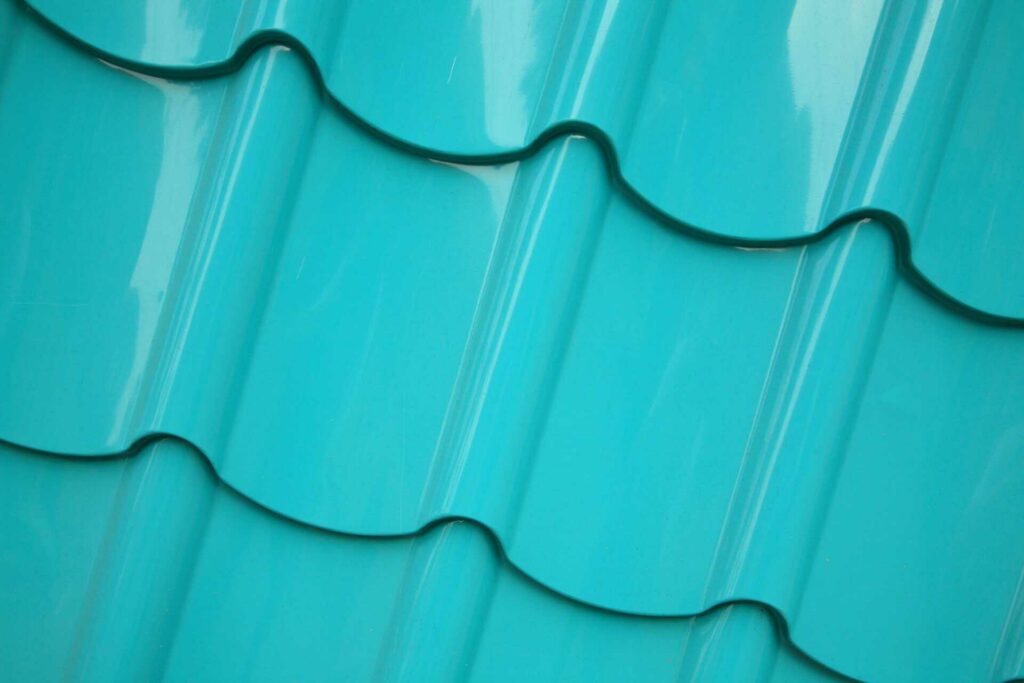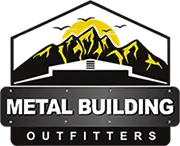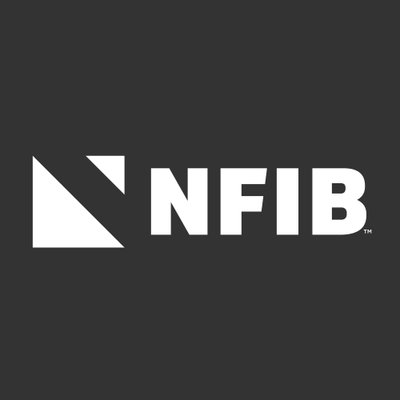
Contents
You might be surprised by the impact of subtle yet strategic choices when designing metal buildings that stand out. You can elevate your design beyond the ordinary by exploring creative ways to blend materials, textures, and shapes. But how do you make sure your creation truly captures attention and admiration? Let’s explore three expert tips that will guide you in crafting metal building designs that are as distinctive as they are practical.
Key Takeaways
- Infuse captivating visual elements for remarkable appeal.
- Optimize structural layout for efficiency.
- Select high-quality, resilient materials.
- Consider sleek steel for a modern vibe.
- Draw inspiration from nature, art, or technology.
Understanding Client Needs
To craft genuinely unique metal building designs, you must explore deeply to understand your client’s specific needs and vision for the project. Client communication is key in this stage of the design process. Engaging in open dialogues where you actively listen to your client’s desires, concerns, and ideas is essential. This not only aids in deciphering the functional requirements of the building but also reveals the emotional aspects attached to the project, enabling you to create a design that resonates profoundly with your client.
Design collaboration is another crucial element in understanding your client’s needs. By involving your client in the design process, you can ensure that their vision is integrated into the final product. Encouraging your client to share inspirational images, sketches, or even stories that hold significance to them can provide valuable insights that shape the design direction. Additionally, collaborating with your client fosters a sense of belonging and ownership, making them feel truly connected to the project.
Through effective client communication and design collaboration, you can explore the core of your client’s needs and aspirations, paving the way for the creation of a genuinely unique metal building design that not just meets functional requirements but also captures the essence of your client’s vision.
Incorporating Aesthetic Elements
Explore how to infuse captivating visual elements into your metal building designs to create a truly remarkable aesthetic appeal that mirrors your client’s unique style and preferences. When it comes to integrating aesthetic elements into metal building designs, material selection plays a vital role. Choosing the right materials can greatly impact the overall look and feel of the structure. Opt for sleek steel for a modern and industrial vibe, or consider using weathered metals for a more rustic and vintage aesthetic.
Here is a table to guide you through the material selection process based on your design inspiration:
| Design Inspiration | Recommended Materials |
|---|---|
| Minimalist | Stainless Steel, Glass |
| Nature-Inspired | Copper, Wood |
| Futuristic | Aluminum, Polycarbonate |
| Classic | Wrought Iron, Brass |
When seeking design inspiration, look beyond traditional architectural norms. Draw ideas from nature, art, or even technology. Incorporating unique shapes, textures, and colors can truly set your metal building design apart. Experiment with different finishes like matte, glossy, or textured to add depth and dimension to your structure. Remember, the key is to create a space that not only meets the functional needs but also resonates with a sense of belonging and identity for your client.
Optimizing Structural Efficiency
Improve your metal building designs by strategically optimizing the structural layout for maximum efficiency and functionality. When it comes to material selection, consider the specific requirements of your project. Using high-quality materials that are both resilient and cost-efficient can greatly impact the overall performance of your metal building. Performing a thorough cost analysis can help you identify the most suitable materials that align with your budget while maintaining structural integrity.
Incorporating creative design elements that enhance the structural efficiency of your metal building is crucial. Utilize materials that offer a high strength-to-weight ratio, such as steel, to reduce the amount of material needed while maximizing structural support. Moreover, integrating features like trusses, braces, and girders can further improve the stability and load-bearing capacity of your building.
Cost analysis plays an essential role in optimizing structural efficiency. By assessing the long-term costs associated with different material options, you can make informed decisions that benefit both your project’s performance and your budget. Consider factors such as maintenance requirements, energy efficiency, and durability when conducting your cost analysis to ensure that your metal building design remains efficient and cost-effective over time.
Final Thoughts
So, as you conclude your metal building design journey, prioritize the client’s needs, incorporate some breathtaking aesthetic elements, and fine-tune the structure for peak efficiency.
By adhering to these expert suggestions, you’ll surely craft a unique masterpiece that endures over time.
And perhaps, you may even attain the elusive ‘je ne sais quoi’ that distinguishes your design from others.
Cheers to your upcoming architectural endeavor!
Recent Posts
Building Strong Steel Structures for Heavy Machinery
When constructing steel structures to support heavy machinery, precision is key. Each element, from the
Efficient Construction of Large Metal Warehouses
When it comes to the optimization of building substantial metal storage facilities, one must consider
Why Choose Energy-Efficient Metal Warehouse Construction?
When it comes to selecting the construction method for your warehouse, choosing energy-saving metal construction


